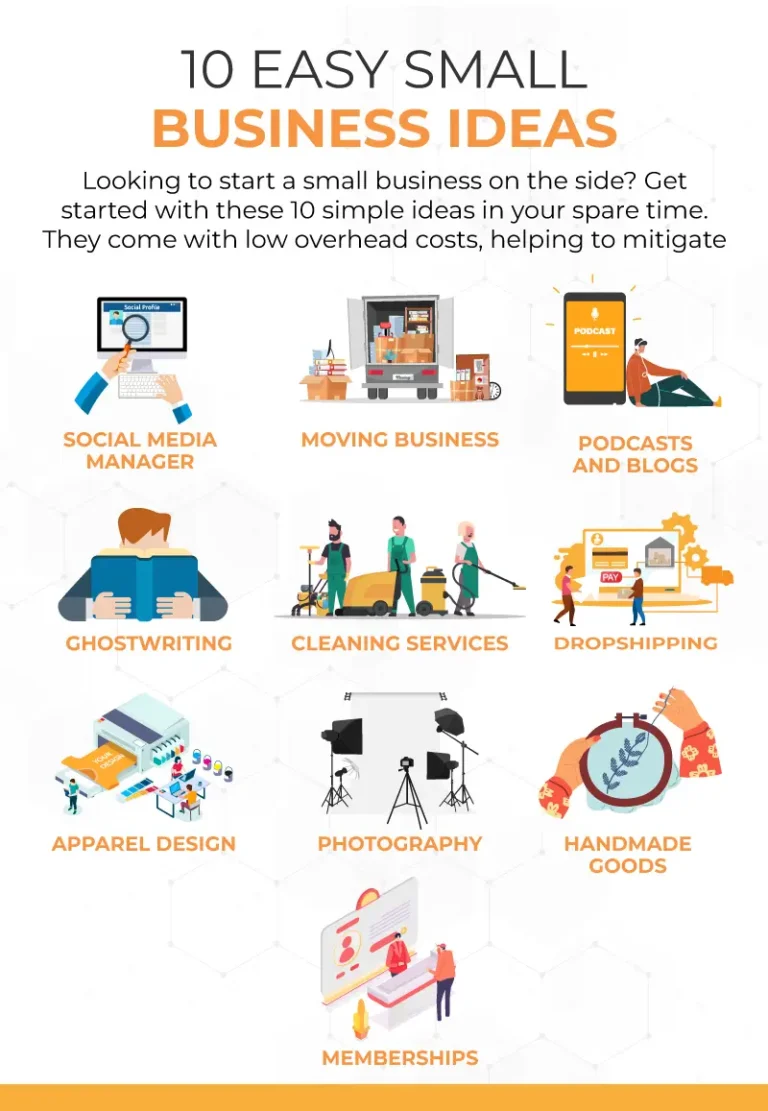Business Expense Tracking Apps for Freelancers: Stay Organized, Save Time, and Maximize Deductions
As a freelancer, your time is money and tracking business expenses manually can quickly become a burden. Whether you’re juggling invoices, tax write-offs, or recurring subscriptions, staying financially organized is essential to maintaining profitability and compliance. That’s where business expense tracking apps for freelancers come in. These tools automate categorization, generate real-time reports, and simplify tax prep, all while saving you hours every month. If you’re ready to move past spreadsheets and focus more on your actual work, finding the right app could be a game-changer.
Why Freelancers Need More Than Just a Spreadsheet
Spreadsheets may be free, but they come at a cost your time and potential errors. Unlike traditional employees, freelancers handle their own taxes, client billing, and deductions. This means every missed expense is a missed opportunity to reduce your taxable income. Expense tracking apps give you real-time visibility into where your money goes, flag unusual charges, and even separate business from personal spending. The result? Fewer surprises at tax time, more accurate financial planning, and a better understanding of your freelance business health.
QuickBooks Self-Employed vs. FreshBooks: A Close Look
Two top contenders for freelancers are QuickBooks Self-Employed and FreshBooks. QuickBooks is ideal if you want automatic mileage tracking, integration with TurboTax, and clear quarterly tax estimates. FreshBooks shines with intuitive time tracking, client invoicing, and expense categorization all within one dashboard. While QuickBooks focuses on solo professionals who need tax clarity, FreshBooks is great for freelancers managing multiple clients and billable hours. Each platform offers mobile apps, receipt scanning, and robust reporting. Your choice depends on whether you prioritize simplicity or advanced invoicing features.
Exploring Other Smart Alternatives: Wave, Expensify, and Bonsai
Beyond the big names, there are standout alternatives worth considering. Wave offers free expense tracking with integrated invoicing and payment tools perfect for budget-conscious freelancers. Expensify excels at receipt scanning and automatic expense reporting, especially useful if you travel often or work with subcontractors. Bonsai is a freelancer-first platform that includes contracts, proposals, and time tracking in addition to expense tracking. These apps focus on solving specific pain points freelancers face, making them ideal for niche workflows or industries.
Features to Prioritize When Choosing an Expense Tracker
Not all apps are created equal so knowing what to look for can save you time and frustration. Key features include receipt scanning, automatic bank syncing, custom tax categories, mileage tracking, and real-time reporting. Look for apps that let you separate business and personal expenses easily, especially if you use the same card for both. Integration with tax software or your accountant’s system is a major plus. And don’t overlook mobile functionality if it’s not easy to use on the go, it won’t be used at all.
How Expense Tracking Apps Help You During Tax Season
Tax season can be overwhelming for freelancers but it doesn’t have to be. With expense tracking apps, all your records are stored, categorized, and export-ready for your tax preparer or accounting software. Many apps will automatically calculate your deductible expenses, estimate quarterly tax payments, and generate IRS-ready reports. Instead of scrambling through a box of receipts or stressing over deductions, you’ll be ready to file confidently. The right app does more than track it prepares you for what’s ahead.
FAQs About Business Expense Tracking Apps for Freelancers
Are expense tracking apps worth paying for as a freelancer?
Yes. The time saved, deductions claimed, and financial visibility gained usually far outweigh the monthly cost.
Can I use these apps for both business and personal expenses?
Most apps allow you to label and separate expenses, but it’s recommended to use a dedicated business account for clarity.
Do these apps help with invoicing clients?
Yes. Many include invoicing, payment tracking, and reminders to streamline client billing alongside expense management.
Is receipt scanning reliable with these apps?
Very. Most use OCR (optical character recognition) to auto-fill expense details accurately from uploaded receipts.
Do I still need an accountant if I use an expense app?
While these apps simplify your finances, an accountant can still provide strategic tax advice and ensure compliance.
